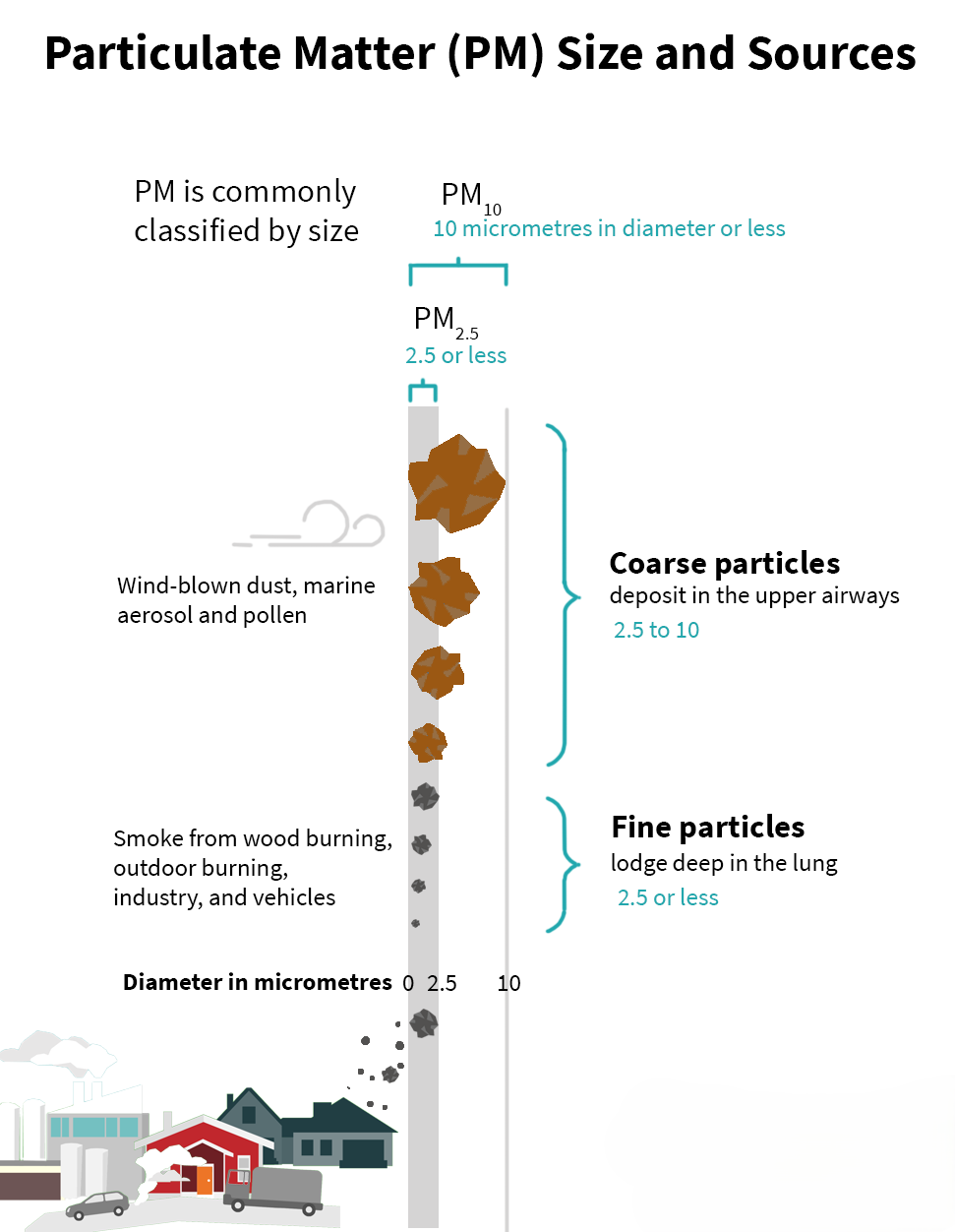New Zealanders enjoy good quality air most of the time. However, air pollution is an issue for some of our towns and cities – especially during colder months and near busy roads.
We all have a role to play in reducing the amount of pollutants we put into the air. Here are some practical actions you can take to help improve the air we all breathe.
For a warm, healthy home that produces less air pollution:
- Insulate your home – check with your council to see if there are subsidies or assistance available in your region for insulation installation.
- Choose low-emission heating options - when installing or upgrading your heating appliance, consider ultra-low emission wood burners or heat pumps.
- Burn only dry, seasoned, un-treated wood – avoid burning wet or green wood, as it produces more smoke and pollutants.
- Keep your chimney smoke-free - get your fire going quickly, keep it burning hot, and don’t damp your fire down overnight, which creates more pollution.
Stop backyard burning:
- Recycle and compost – recycle rubbish and compost or chip green waste for use as mulch. In many urban areas, burning rubbish and green waste is banned.
- Never burn treated timber – it often contains arsenic compounds and other harmful chemicals used in wood preservation.
- Dispose of treated timber properly – take it to an authorised landfill or waste facility.
Reduce air pollution from vehicles:
- Service your vehicle regularly - especially if it is smoky. A visual smoke check is included as part of your warrant of fitness.
- Drive efficiently – drive smoothly within speed limits, remove roof racks/boxes when you don’t need them, and keep your tyres properly inflated. You’ll also save fuel.
- Use sustainable transport– carpool, take public transport, or try cycling and walking. Consider switching to an electric vehicle where possible.
Where can I find more information?
Contact your regional council or territorial authority for resources on reducing air pollution in your area. Many also offer financial assistance to support home heating upgrades, insulation, and cleaner heating alternatives.

